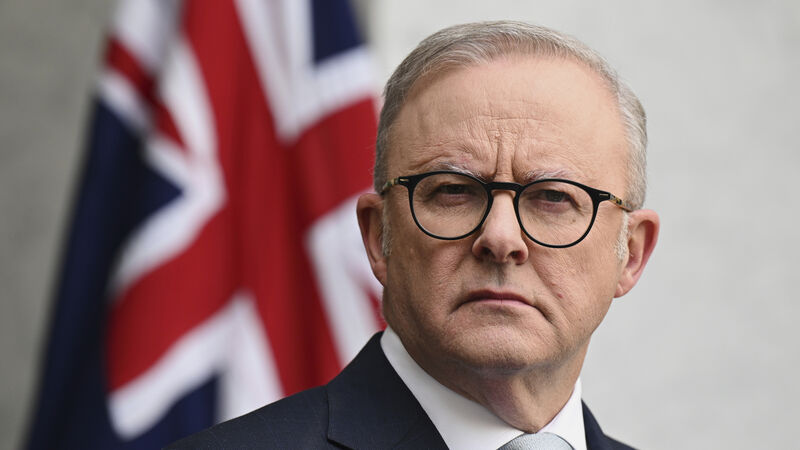Albanese accuses Iran of organising two antisemitic attacks in Australia

Australian Prime Minister Anthony Albanese has accused Iran of organising two antisemitic attacks and said his country is cutting off diplomatic relations with Tehran in response.
The Australian Security Intelligence Organisation (ASIO) concluded the Iranian government had directed arson attacks on the Lewis Continental Kitchen, a kosher food company, in Sydney in October last year and on the Adass Israel Synagogue in Melbourne in December last year, Mr Albanese said.











